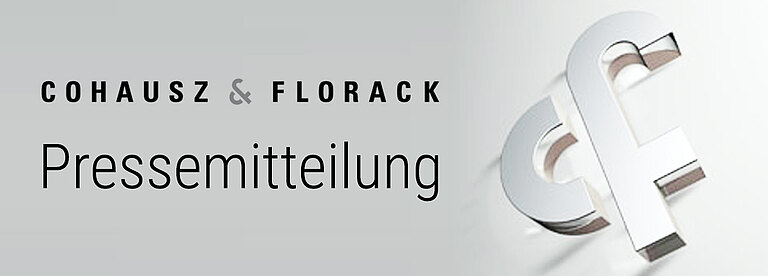Düsseldorf, July 18, 2017 – Sale of the HIV drug Isentress is still permitted for the time being in Germany. This was confirmed by the German Federal Supreme Court (BGH) at an oral hearing on July 11 in Karlsruhe (file no. X ZB 2/17).
The decision was preceded by patent litigation between US pharmaceutical company Merck & Co. (MSD) and Shionogi that had been ongoing since 2015. The Japanese company had applied for a patent in 2002 that comprised Raltegravir, the active ingredient in the HIV drug Isentress. The European Patent Office granted the patent in 2012. Since 2008, MSD – being itself owner of a patent for the active ingredient – has been selling the drug in Germany. MSD had attempted, albeit unsuccessfully, to negotiate a license with the Japanese company.
Shionogi does not offer the drug in Germany, but the company felt that its patent rights were violated by MSD and had filed for injunctive relief at the Düsseldorf District Court in 2015. In an expedited application, the Federal Patent Court granted MSD temporary usage approval – a so-called compulsory license – for the HIV drug in 2016 (file no. 3 LiQ 1/16). The 3rd Senate of the German Federal Patent Court based its decision in particular on the fact that there are currently no adequate alternatives for certain patient groups in the German market. These include infants, children under twelve years of age, pregnant women, persons requiring prophylactic treatment due to existing risk of infection, and patients who are already being treated with Isentress and who are at risk of significant side or reciprocal effects when switching to another drug.
The BGH has now confirmed the provisional granting of a compulsory licence, thus following the judgement of the German Federal Patent Court with regard to two essential points: First, MSD showed sufficient effort in advance to try and obtain a license from Shionogi, and second, it is in the public interest that Isentress should be further distributed by MSD in Germany. As Shionogi does not provide the drug on the market, the US company is permitted to continue selling it here, the judges concluded.
“A compulsory license is a rare legal means,” says Dr. Romina Kühnle, patent attorney at Cohausz & Florack. “This case is the first in Germany in which the BGH has upheld a decision of the Federal Patent Court to grant a compulsory license.” “In principle, it is the patentee’s own decision whether or not he wishes to grant a license for its patent”, adds Dr. Arwed Burrichter, patent attorney and partner at Cohausz & Florack.
Only once before in the history of the Federal Patent Court has it actually granted a preliminary compulsory license - for the drug Polyferon for the treatment of rheumatoid arthritis. This decision was not upheld by the BGH at the time due to a lack of public interest (BGH – Polyferon, file no. X ZR 26/92).

